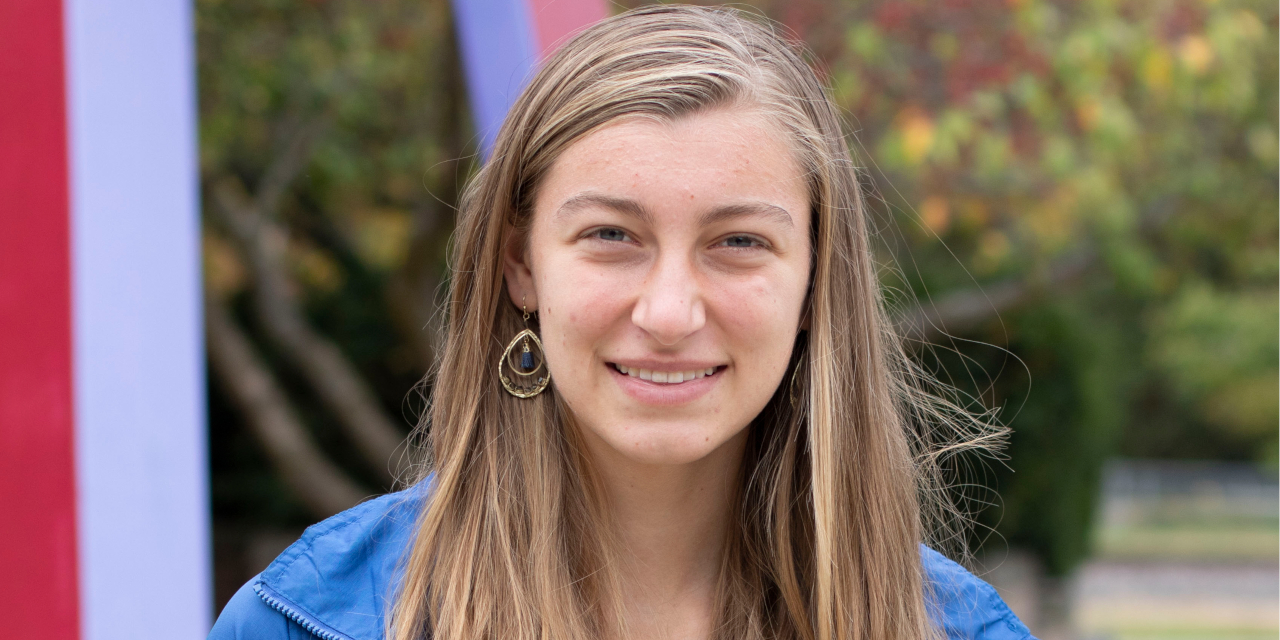Should I vote?
This is the question I have been asking myself a lot these last couple of weeks.Many people believe that it is their civic duty to go to the polls, and others believe that it is a privilege to avoid taking responsibility for who is in power.
Despite these beliefs, however, my family comes from a tradition of not voting.
My mama is from Ukraine, which became independent in 1991 when the Soviet Union collapsed. For her family, and the rest of the Ukrainian population, voting has technically been an option in the last several decades, but its relevance has often been almost completely arbitrary.
The outcomes of elections have been so obviously skewed that the idea of votes accurately reflecting the people’s choice was laughable.
My mama’s parents did vote, but only because they were forced to by the Soviet Union. If they didn’t vote, police would show up at their door and make sure they did. When my babushka and dedushka finally had the choice, they chose not to.
As my mama puts it, they were not patriotic people.
Like many others here at Goshen, I was also raised Mennonite.
My papa’s parents speak Pennsylvania Dutch still, and my grandma still wears a covering on her head.
From the time I was little, I was taught the things that the early Anabaptists were persecuted for, like separation of church and state and how our loyalty is with Jesus and not the United States, or any nation for that matter.
In school, I was the weird kid in my class who didn’t say the Pledge of Allegiance, didn’t go to patriotic Veterans Day convocations and didn’t attend “bible trailers,” which were parked just off school property, to make it legal.
As I grew older, I also grew aware of the fact that my parents did not vote.
Deciding not to vote is a manifestation in the belief of separating church and state.
In my view, this separation is not merely a choice, or an easy way to opt out of responsibility, but rather a necessity for being a Christian.
The values that Jesus taught directly disalign with the values of and existence of empire. If you believe in the things Jesus taught, you cannot also believe in or support the empire.
This is one of the main reasons I am wary of voting.
After all, is government in and of itself not an oppressive force? By voting, aren’t we buying into and validating the oppressive institution that government is?
To me, it is scary to think that voting is, in many ways, celebrated as the pinnacle of citizenship by the very system that we are against.
Colin Kaepernick, who abstained from voting in the last election, said, “You know, I think it would be hypocritical of me to vote. I said from the beginning I was against oppression, I was against the system of oppression. I’m not going to show support for that system. And to me, the oppressor isn’t going to allow you to vote your way out of your oppression.”
I would support this view.
When we look into the past, real positive change usually has not come from people in power, but rather from people who protest. Take the Civil Rights Movement, for instance. Many potential Black voters were essentially disenfranchised by racist policies, yet managed to create a movement that changed and implemented many new laws that moved us a few steps closer to racial justice.
Is it really so privileged to refuse to support a system that oppresses people, no matter who is in power?
My mama’s parents did not vote, even though they lived brutal lives under the Soviet Union.
Colin Kaepernick, as well as many other activists in the past, have refused to vote at one point or another.
I would argue that it is those at the margins who often see with the most clarity the fallacy of our trust in powerful people to change things.
On the other hand, I recognize that there is an argument for supporting the lesser of two evils, for electing the person who will hopefully permit more justice to be put into law, with the push of people’s movements, or maybe just do a little bit less harm.
Perhaps this can be just as effective of a method as boycotting the system altogether?
In the end, our loyalty should not be with a party and we should not vote out of civic duty.
As Christians, I believe that our allegiance should be with the Prince of Peace, not with any nation or candidate.
We are called to advocate for true and complete justice, not compromised justice. This means that we are always working and always protesting against oppression, no matter if the candidate we cast a vote for wins or not.
Should I vote? I am still unsure.
Alena Miller is a sophomore from Huntington, Indiana, majoring in Spanish education and minoring in music. She runs cross country and plays violin in the orchestra at Goshen College.




